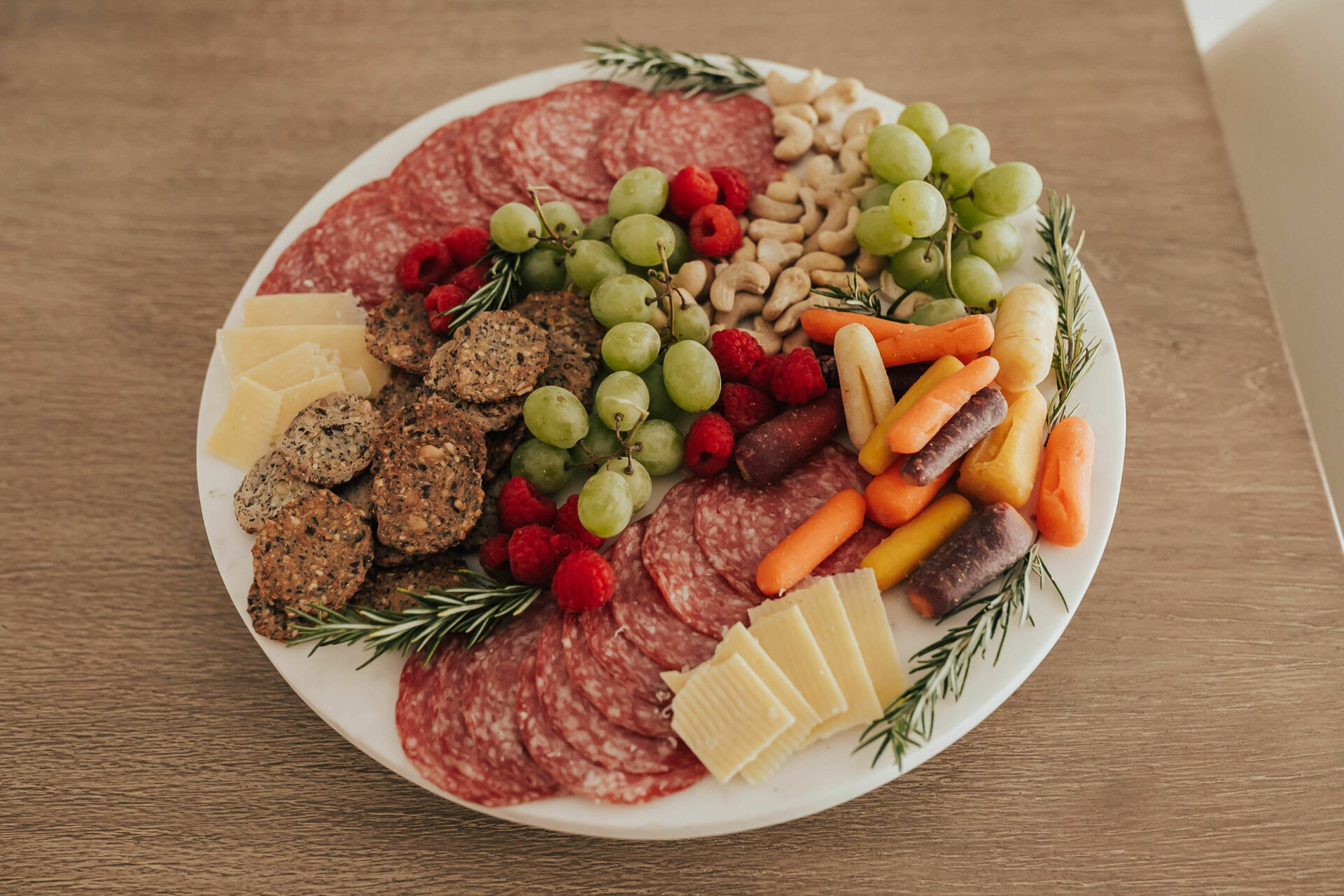To eat or not to eat before working out. Which is better?
What if I told you “it depends”. And let me explain… It depends on these factors in which I’ll explain:
- Your goals – strength gain, weight loss, performance pr’s, etc.
- Where you’re at with your metabolic flexibility
- Where you’re at with your HPA axis (adrenal) and blood sugar health
- What literally feels best to you
If you’re like most people we talk to, you likely feel like you need to eat something before you workout. Say 30-60 minutes before. Or for some, even a meal at any point in the day will do – just not totally fasted from the night before. And that’s not always the case. Yes, some pre-workout calories can provide more output in your workout, and yes, it can give you a little boost in energy, but do you need it? Often times not! Here’s how you can tell…
If your goals are to place in an Iron Man, make it to crossfit regionals, or compete in olympic lifting, then eating prior to a workout does indeed make most sense. That extra glucose (and fat) can definitely help with better performance, and many studies show that.
Now if your goal is not to compete or get a specific score, then you may not need the pre-workout calories. And what may have you feeling like you need those calories before a workout is your metabolic inflexibility. If you’ve tried doing a workout either fasted or without a pre-workout snack, and felt low energy, then it’s likely that you either don’t have enough electrolytes (not properly hydrated), and/or your body is not yet metabolically flexible. This means your body is used to using primarily carbs for fuel, and has trouble switching between carbs and fat for fuel during your workout. In the Proclivity Method, we teach you how to become metabolically flexible.
You next want to check to see how your cortisol levels are. If in the normal ranges (high in the morning, and decreasing throughout the day), then you are likely in a healthy stress response state. And if your energy levels, and stress response biomarkers are coming back healthy, then you are good to go in terms of working out without food just before starting.
Lastly, ask yourself how you feel when working out with or without food, and in which types of workouts. I know for me personally, if I were to eat something 30 minutes prior to a run, I would get a side ache or stomach discomfort and feel heavy, yet if I were to do the same thing and then lift heavy weights with rest in between, I would feel good. I know many people who feel great with a little snack just before a workout, and if that works for you, and you’re reaching your goals, great! Just remember, that you don’t NEED food before a workout. Our body is resourceful and can pull from stores 12 hours prior (and even longer for those of us whom are metabolically flexible).
Now you may be asking – why wouldn’t I want that extra advantage of the pre-workout calories? And we hear ya! Two main reasons why someone wouldn’t want to eat prior to exercise. 1. Once metabolically flexible, the difference between eating prior and not may not be big or even noticeable, and some people simply feel better working out without food in their tummy. And 2. You may be wanting to test that metabolic flexibility, and burn up some stored glucose and fat. When you eat a snack just before, your body will want to use what’s in your bloodstream first. OR, if you have too much in your bloodstream, the excess will get stored, often as fat. For some people, if you don’t give your body a chance to be metabolically flexible, you may experience more symptoms such as “hangriness”, or dips in energy. To learn more on metabolic flexibility, read here.
So, we recommend you experiment! Especially if you’re someone who moves their body in the morning, try doing a light-moderate workout without eating, see how you feel. If you’re a midday or afternoon workout kind of person, then skip the snack prior to your workout, see how it goes. Stick with a solid breakfast and/or lunch, allow 2-4 hours for your body to digest the food before getting into exercise. Now we do recommend having some electrolytes prior to your workout, as that can make a big difference in your energy and how you feel during and after your workout. Try a half a packet of LMNT prior to exercise, and then finishing that half packet during or after. If you don’t have LMNT, add .5 tsp of real salt to your water or at least to your whole foods meal earlier that day.
Let us know how it goes for you and if you find it helpful or not!



